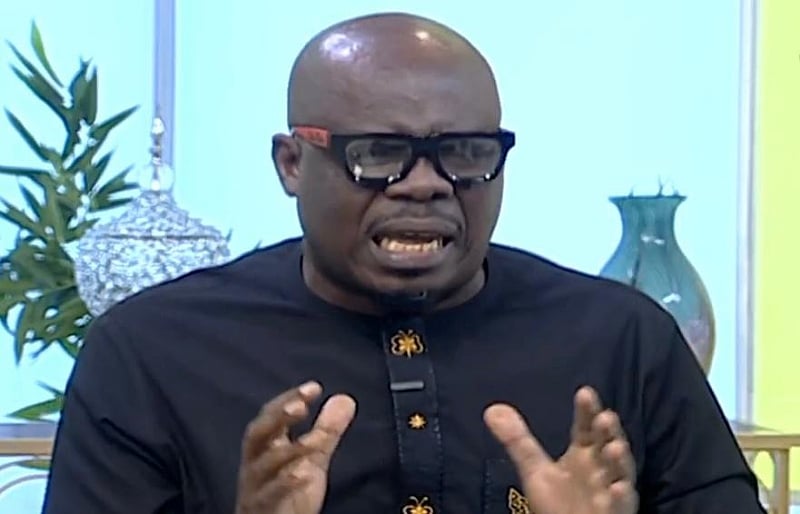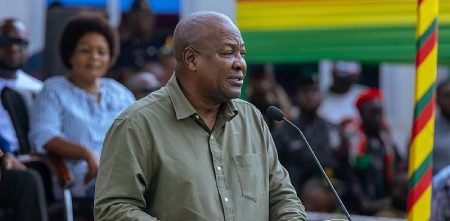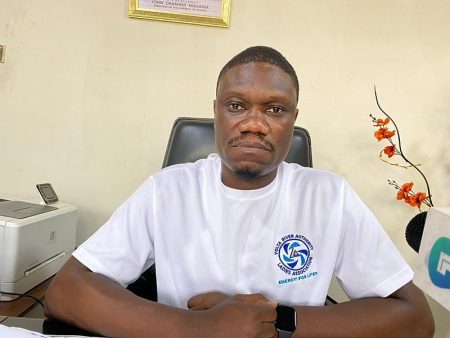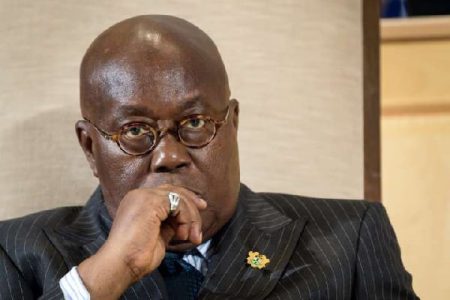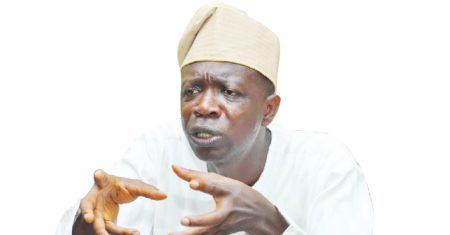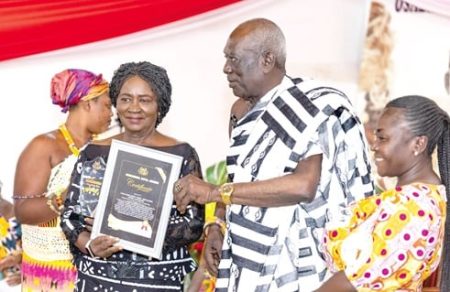Ebo Buckman, a prominent member of the Movement for Change, has launched a scathing critique of the New Patriotic Party (NPP), characterizing the opposition party as “headless and lawless” in the wake of its 2024 election defeat. Buckman argues that the NPP’s current disarray stems from a lack of effective leadership both within Parliament and at the national level, contributing to its struggles to perform its role as a viable opposition. He contends that this lack of direction is evident in the party’s strategic missteps and inability to capitalize on opportunities to regain public trust. Buckman’s assessment paints a picture of a party adrift, grappling with internal divisions and struggling to formulate a coherent strategy to challenge the ruling National Democratic Congress (NDC).
Buckman points to the NPP minority caucus’s walkout during the 2025 mid-year budget review as a prime example of the party’s flawed approach. He argues that this action, rather than serving as a powerful statement of dissent, only served to reinforce the NDC’s dominance and portray the NPP as out of touch with the electorate. He criticizes the walkout as politically unwise, suggesting that it further alienated the public and undermined any potential gains the NPP could have made in regaining public confidence. Buckman emphasizes the need for a more strategic approach, one that recognizes the current political landscape and avoids actions that could be interpreted as obstructionist or disconnected from the concerns of ordinary citizens.
Central to Buckman’s critique is the assertion that the NPP’s internal disorganization is hindering its ability to function effectively as an opposition force. He highlights the absence of strong leadership within the party, both in Parliament and at the national level, as a key factor contributing to its current predicament. This lack of direction, he argues, has resulted in a series of strategic blunders and an inability to articulate a compelling alternative vision for the country. Buckman suggests that the NPP needs to address its internal divisions and establish a clear leadership structure in order to rebuild its credibility and present a united front to the electorate. Without such changes, he warns, the party risks further marginalization.
Furthermore, Buckman contrasts the NPP’s struggles with the NDC’s current political success, attributing the ruling party’s strong performance to its strategic acumen and ability to connect with the public. He observes that the NDC is currently enjoying a period of goodwill, likely stemming from its perceived effective governance. He contends that the NPP’s current approach, characterized by what he views as reactive and often unproductive tactics, is only serving to strengthen the NDC’s position. He suggests that the NPP needs to adopt a more nuanced strategy, one that acknowledges the NDC’s current strengths and focuses on building its own platform based on constructive engagement and policy alternatives.
Buckman’s assessment of the NPP’s prospects is particularly bleak. He predicts that if elections were held today, the party would fare even worse than it did in 2024, losing both seats in Parliament and popular vote share. This grim forecast underscores the depth of the challenges facing the NPP, as Buckman sees no signs of a turnaround in the party’s fortunes. He stresses the urgency for the NPP to undertake significant internal reforms and adopt a more effective political strategy if it hopes to remain a viable force in Ghanaian politics.
In conclusion, Ebo Buckman’s critique of the NPP paints a portrait of a party in disarray, struggling with internal divisions and a lack of clear leadership. He argues that the party’s current approach, exemplified by the recent parliamentary walkout, is strategically unsound and only serves to reinforce the NDC’s dominance. Buckman’s analysis emphasizes the need for the NPP to address its internal challenges, adopt a more nuanced political strategy, and focus on rebuilding public trust if it hopes to reclaim its position as a credible alternative to the ruling party. His prediction of further electoral decline serves as a stark warning of the potential consequences if the NPP fails to heed these calls for change and adapt to the evolving political landscape.





